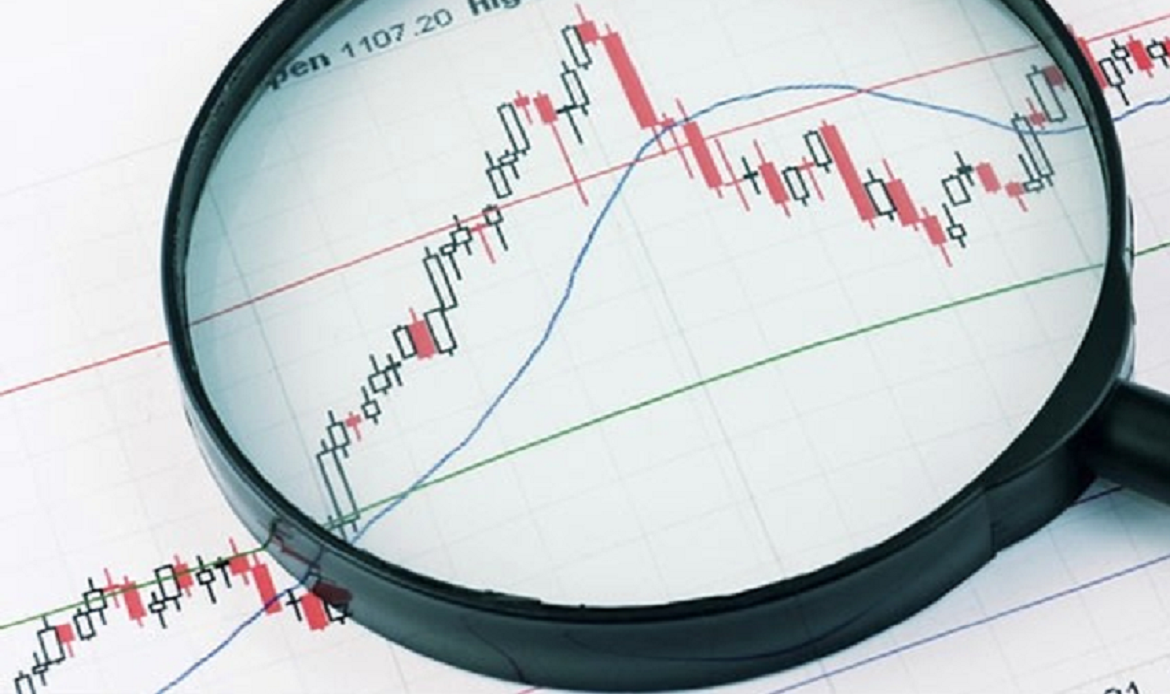Though not an accounting measure of value, market value can be broadly defined as a middle-ground price between a buyer and seller. In other words, it is the highest price that a willing buyer pays or accepts to pay for a good or service and the lowest price that a willing seller receives or accepts to receive for that good or service, provided that the two parties have all the relevant facts about the transaction and that the underlying object of sale has traded in the market for a period reasonably long to establish a sense of value among participants.
In accounting, fair value is widely used to reach at the actual value of an asset or an item of financial statements.





